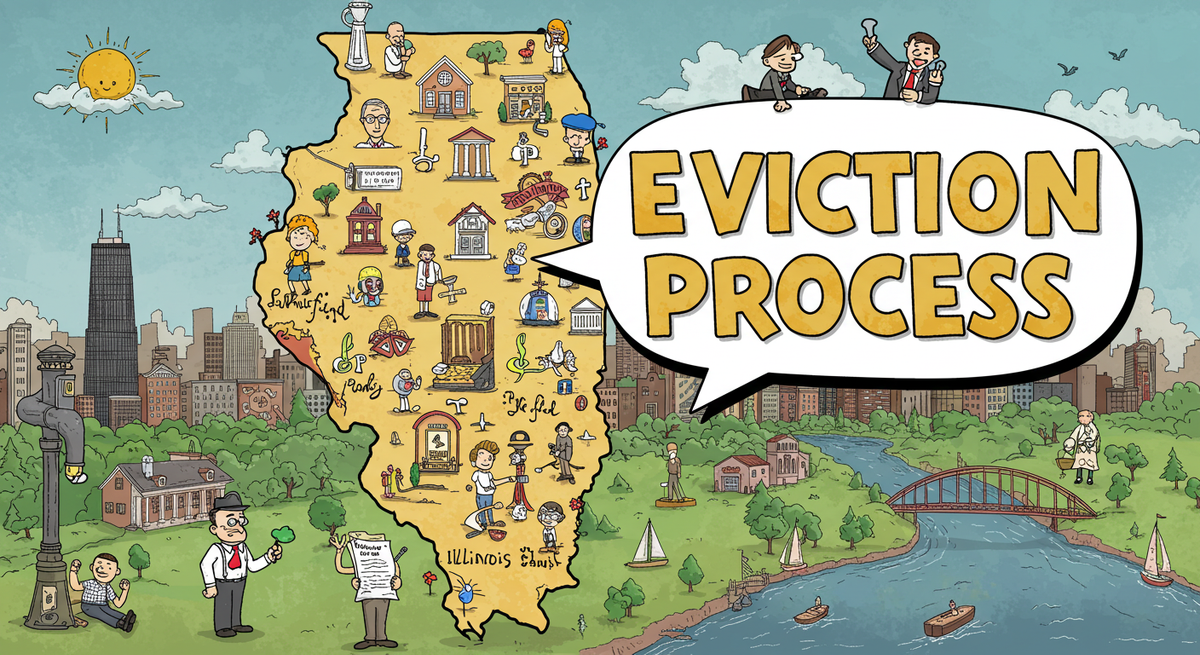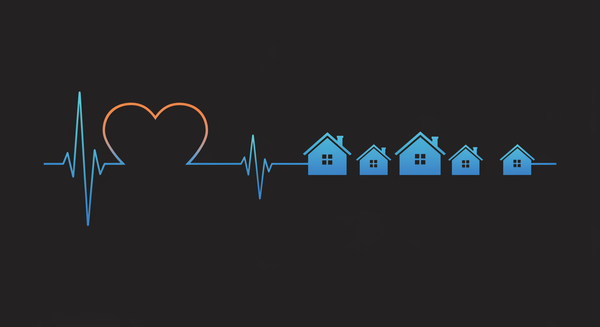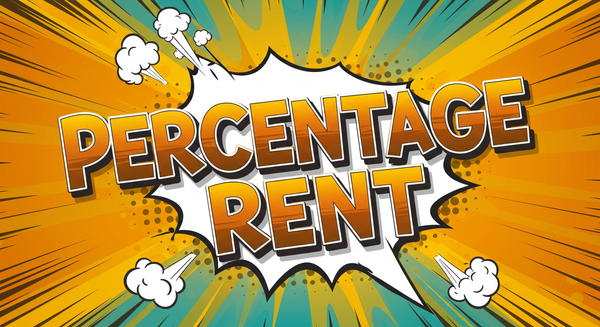How to Evict Squatters and Non-Paying Tenants in Illinois (2025 Guide)
This guide outlines the legally compliant steps for removing an unknown occupant, tenant, or squatter under current Illinois law.

Last Updated: May 2025
If you're a landlord, property manager, or real estate investor in Illinois, understanding the current eviction process is critical—especially with evolving laws around squatters, rental units, and lease violations. This guide walks you through each step of eviction proceedings, referencing actual Illinois Compiled Statutes, and includes must-know FAQs for today’s rental landscape.
🔗 This guide is part of our legal content series on Squatters Rights in Illinois.
🔹 Step-by-Step Eviction Process in Illinois
Step 1: Identify Occupant Type (Tenant vs. Squatter)
- Tenant: Has a lease agreement, paid rent, or received rental assistance.
- Squatter/Unknown Occupant: No permission to occupy the rental property, never paid rent.
Statutes:
Step 2: Serve the Correct Eviction Notice
| Notice Type | When to Use | Statute |
|---|---|---|
| 5-Day Notice to Pay or Quit | Non-payment of rent | 735 ILCS 5/9-209 |
| 10-Day Notice to Vacate | Lease violation | 735 ILCS 5/9-210 |
| 30-Day Notice | Ending month-to-month lease | 735 ILCS 5/9-207 |
Delivery must follow 735 ILCS 5/9-211.
Step 3: File an Eviction Lawsuit
Known as a Forcible Entry and Detainer or simply an eviction case, you’ll file at the Circuit Court where the residential real estate is located.
Documents:
- Eviction complaint
- Copy of rental agreement (if applicable)
- Affidavit of written notice delivery
Fees vary ($95–$262) based on county and case type.
Step 4: Attend the Eviction Hearing
- Scheduled 7–40 days after court filing
- Bring all documentation and lease terms, especially for commercial evictions or lease termination cases
If the judge rules in your favor, they’ll issue an eviction order.
Step 5: Sheriff Enforcement of Eviction Order
Only the county sheriff can physically remove the tenant or unknown occupant.
- Sheriff eviction timeline Illinois: Usually 24–120 hours after filing the order
- Sheriff posts a final notice before removal

📅 Eviction Timeline Table
| Step | Duration | Legal Reference |
|---|---|---|
| Notice to Vacate | 5–60 days | 735 ILCS 5/9-209, 5/9-210 |
| File in Court | 1 day | Circuit Court |
| Eviction Hearing | 7–40 days | Local court rules |
| Eviction Order | Same day to 14 days | 735 ILCS 5/9-209 |
| Sheriff Enforcement | 24–120 hours | Cook County Sheriff’s Office |
⚡ Special Cases & Squatter Removal
- SB 1563 (2025): Pending legislation could allow police—not just sheriffs—to remove squatters who forge lease documents.
- Fraudulent lease agreements: Report immediately and bring evidence to court.
- Retaliatory eviction defenses may apply—especially if the tenant has filed complaints or requested repairs.
⚖️ Self-Help Eviction Warning
Illegal actions under 735 ILCS 5/9-101:
- Changing locks
- Turning off utilities
- Removing tenant property
Penalties:
- Eviction lawsuit dismissal
- Fines and damages
- Attorney fees for the tenant
💬 Frequently Asked Questions (FAQ)
Can I remove squatters without going to court in Illinois?
No. Even unauthorized occupants require formal eviction.
Do I need a lawyer to evict someone?
Not required, but legal help is strongly recommended, especially in property management cases.
What if they leave stuff behind?
Follow local ordinances. Many counties require a written notice period before disposal.
Can I evict someone with no lease?
Yes, using a 30-day notice or 5-day notice depending on occupancy.
What’s the fastest legal eviction in Illinois?
Typically a 5-day notice for past due rent, filed immediately after the deadline expires.
📂 Resources & Free Forms
👤 About the Author
Chris is the founder of LandlordDoc.com, a practical resource hub for landlords, property managers, and real estate professionals navigating everything from state laws and eviction procedures to daily operations, software, and compliance.
With over 15 years in property management, Chris has held roles from leasing agent to SaaS marketing lead, scaling a PropTech startup to acquisition. He now helps operators run smarter businesses through legal education and growth tools.
🛑 Legal Disclaimer
This guide is for informational purposes only and does not constitute legal advice. For legal guidance, consult an attorney licensed in the state of Illinois.






